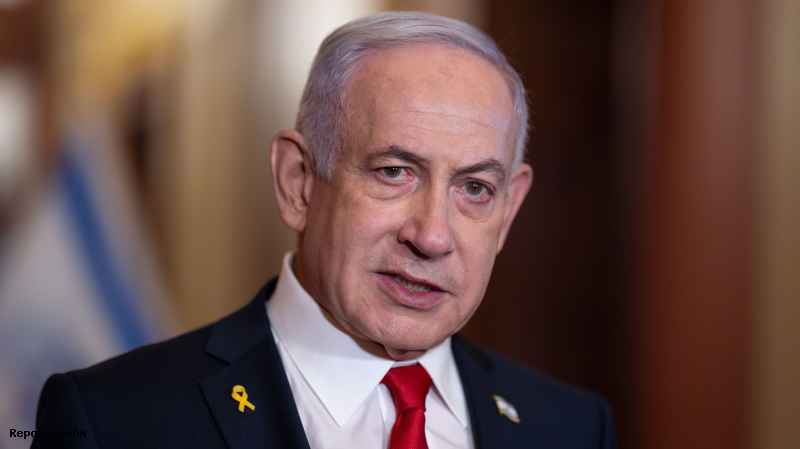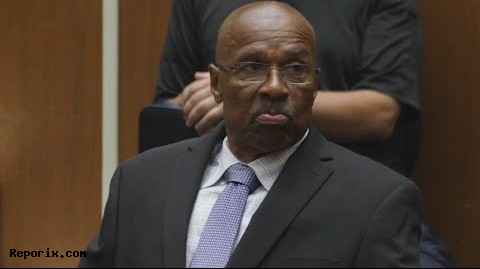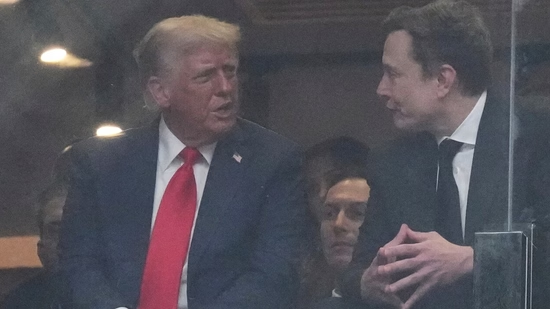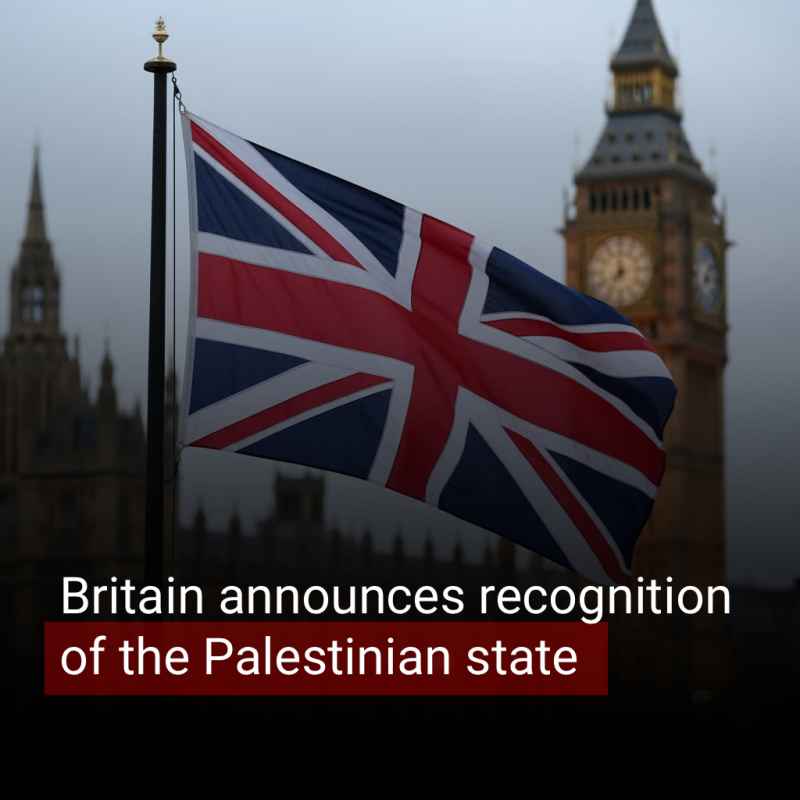On September 21, 2025, the United Kingdom, Canada, and Australia all formally announced their recognition of a Palestinian state. The move aims to push forward a two-state solution and was largely driven by frustration over the humanitarian crisis in Gaza.
Shortly after the announcements, Israeli Prime Minister Benjamin Netanyahu issued a strong condemnation. He described the recognitions as a “huge reward to terrorism,” referencing the October 7, 2023, attack by Hamas. Netanyahu said that giving diplomatic legitimacy to Palestine now, without sufficient guarantees, is dangerous. He declared that a Palestinian state “will not be established west of the Jordan River.”
What Britain, Canada, Australia Said?
- UK Prime Minister Keir Starmer said that recognizing Palestine is a way to “revive hope of peace for the Palestinians and Israelis” and to reaffirm the two-state solution. He emphasized the humanitarian toll in Gaza is now unacceptable.
- Canadian Prime Minister Mark Carney spoke of a partnership for a peaceful future for both states. He also insisted the recognition is not a reward for terrorism.
- Australia’s decision was framed similarly: a hope to press forward diplomacy and push for commitments from the Palestinian side, particularly concerning the exclusion of Hamas from governance.
Netanyahu’s Arguments and Concerns
Netanyahu criticized the timing and implications of the recognition. His main points:
1. Rewarding violence: He claimed that recognizing statehood now after October 7 gives a diplomatic prize to Hamas’s actions.
2. Security threats: He argued that a Palestinian state without guarantees could threaten Israel’s security.
3. No Palestinian state west of Jordan: He asserted that Israel will reject any Palestinian state in territories west of the Jordan River.
4. Diplomatic fight: Netanyahu said Israel would counter the move in diplomatic arenas including the UN. He called the recognition a “slanderous propaganda” intended to bypass discussions about the hostages and the war.
The Guardian
Reactions in Palestine and International Community
- Palestinian President Mahmoud Abbas welcomed the recognition, saying it helps move toward coexistence: a Palestinian state living alongside Israel with peace and good neighborly relations.
- Hamas also called the recognition a victory of Palestinian struggle, but said it must be accompanied by action, not just words.
- Some international observers praised the move as symbolic but noted that real change depends on follow-through: ending the war, addressing humanitarian crises, releasing hostages, and ensuring the recognition doesn’t simply become a political tool.
What This Means Going Forward
- Tensions are likely to increase between Israel and the three countries. Netanyahu’s government may respond with diplomatic steps or domestic policy changes.
- The recognition by UK, Canada, Australia might encourage more countries to follow. Some already signaled possible similar moves.
- But there is a risk: Without negotiation and clear guarantees, recognition alone may deepen divide rather than promote peace. The question of the role of Hamas, hostages, security, borders, and how to practically implement a two-state solution remain key unresolved issues.
In sum, Netanyahu sees this as a diplomatic loss for Israel and a dangerous concession. The recognizing countries view it as necessary for restoring hope and pushing toward a peaceful solution. For Palestinians, it is an important symbolic and political development. How this plays out depends largely on next moves: whether recognition leads to action or stalls as rhetoric.




